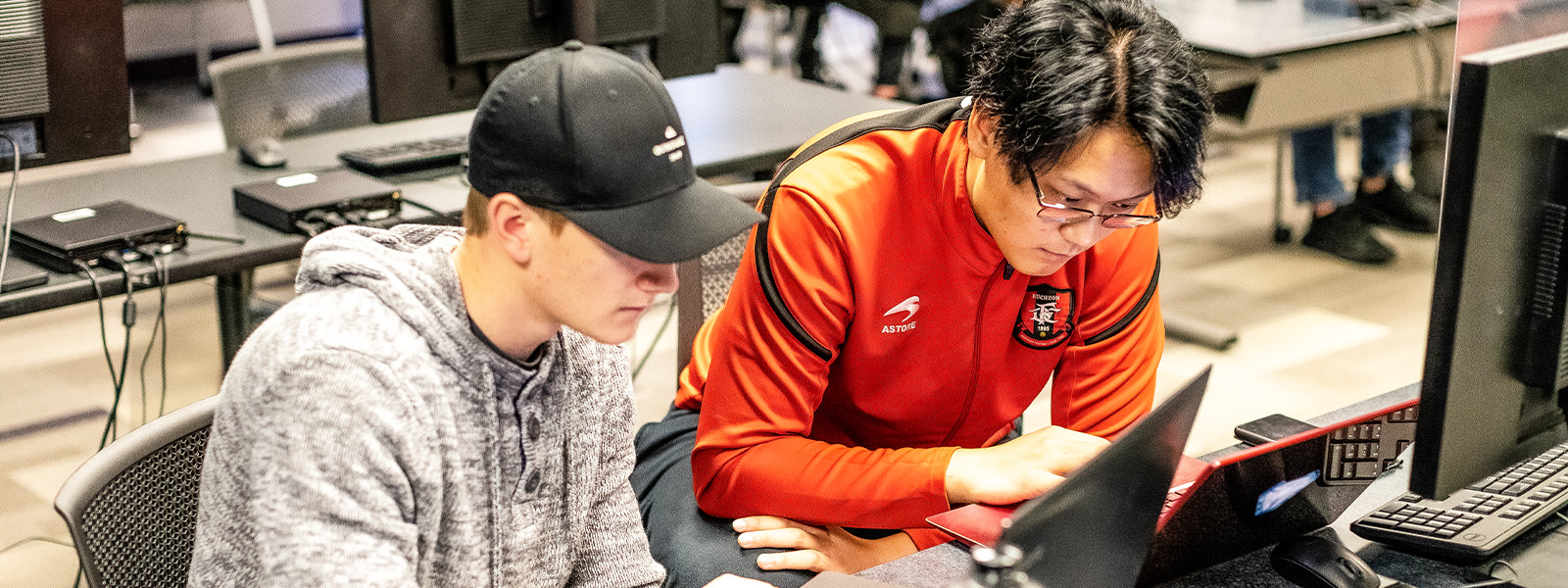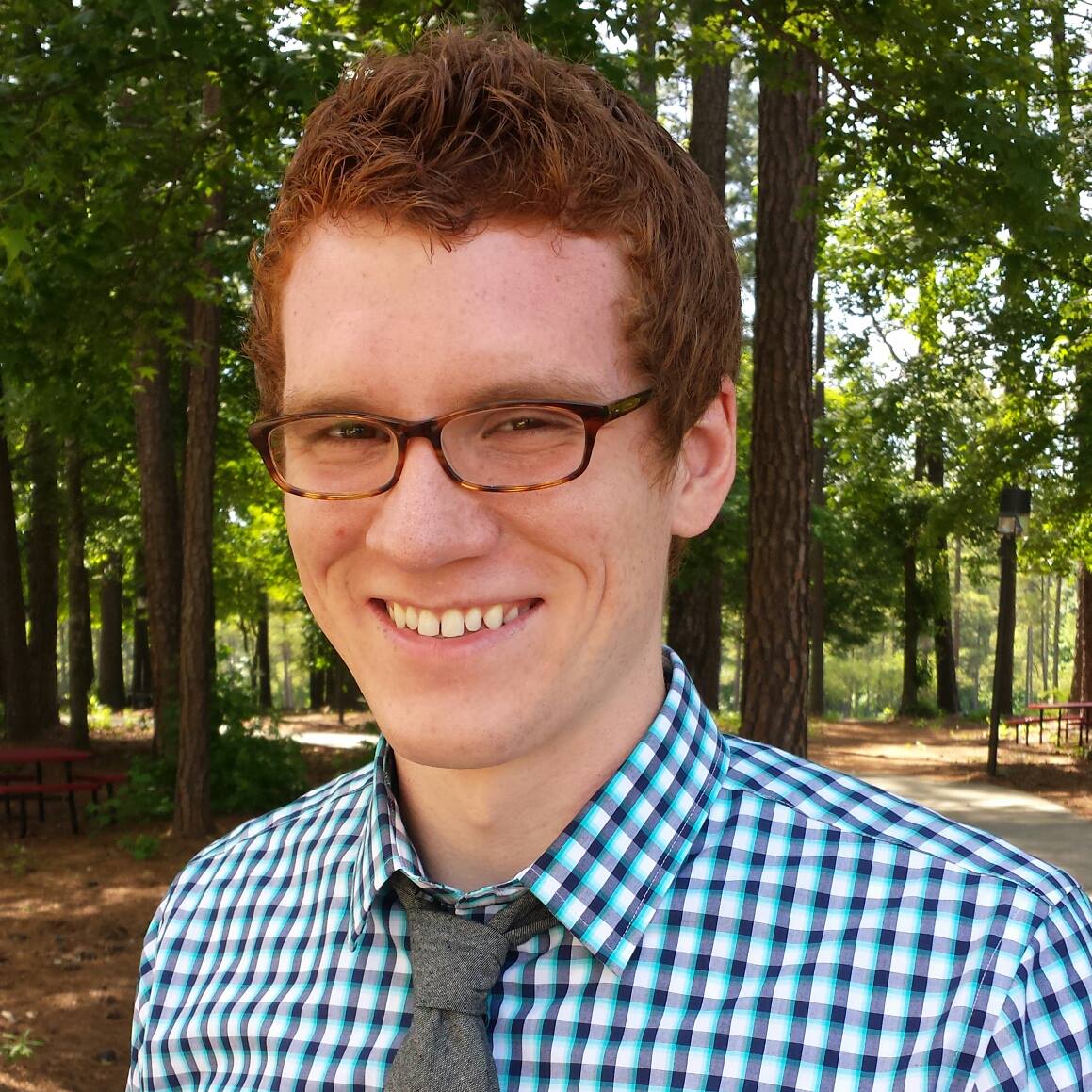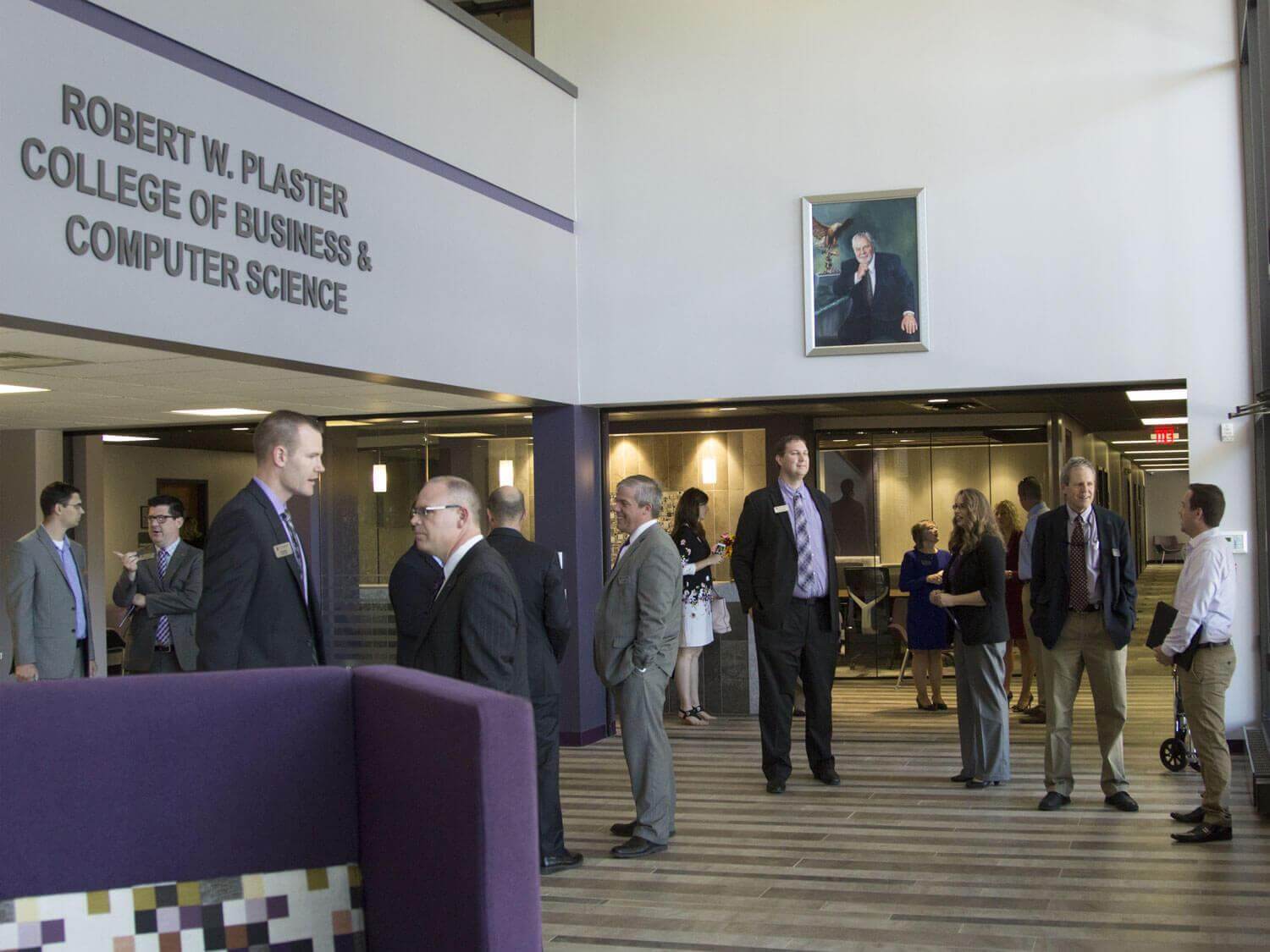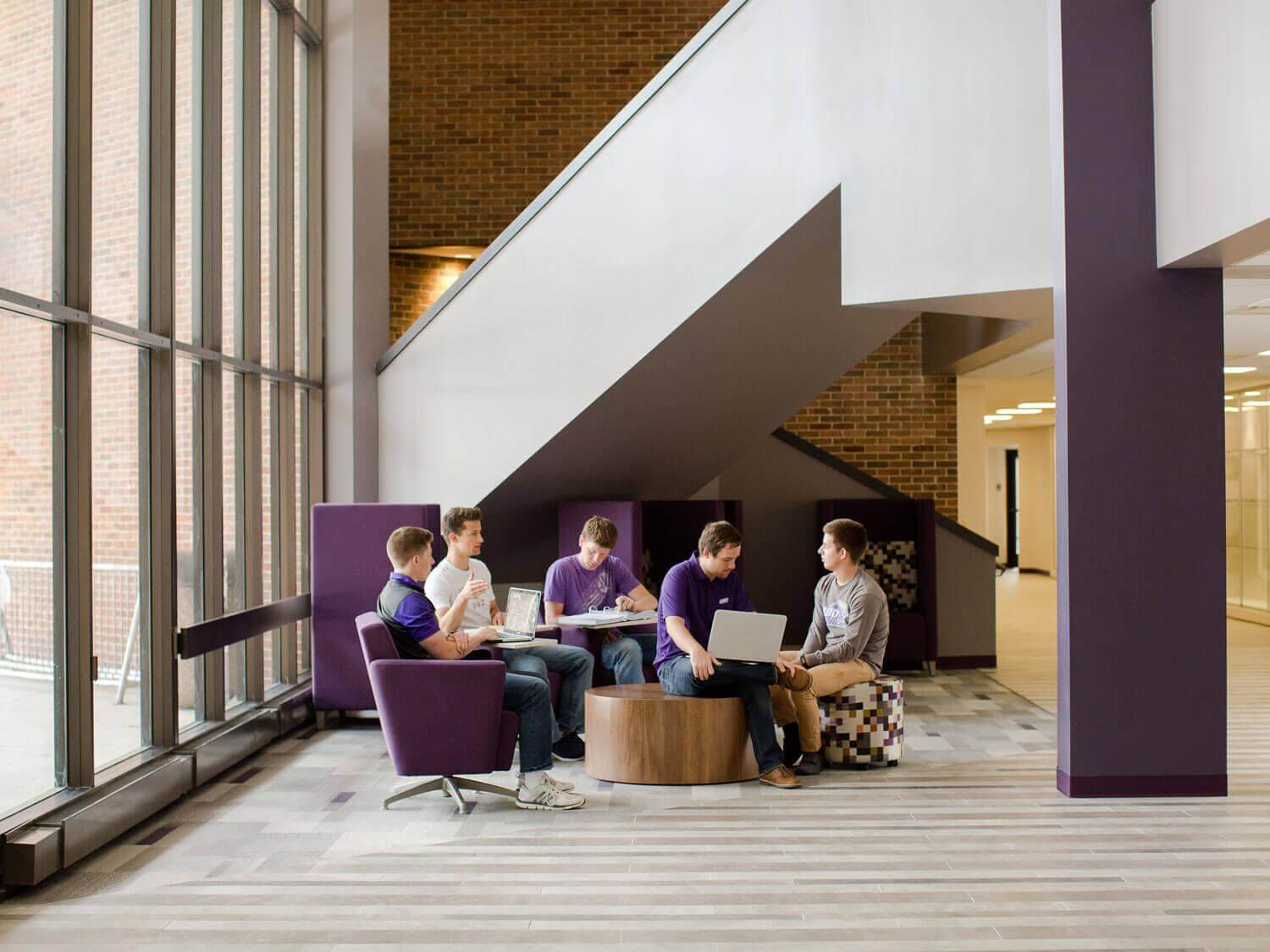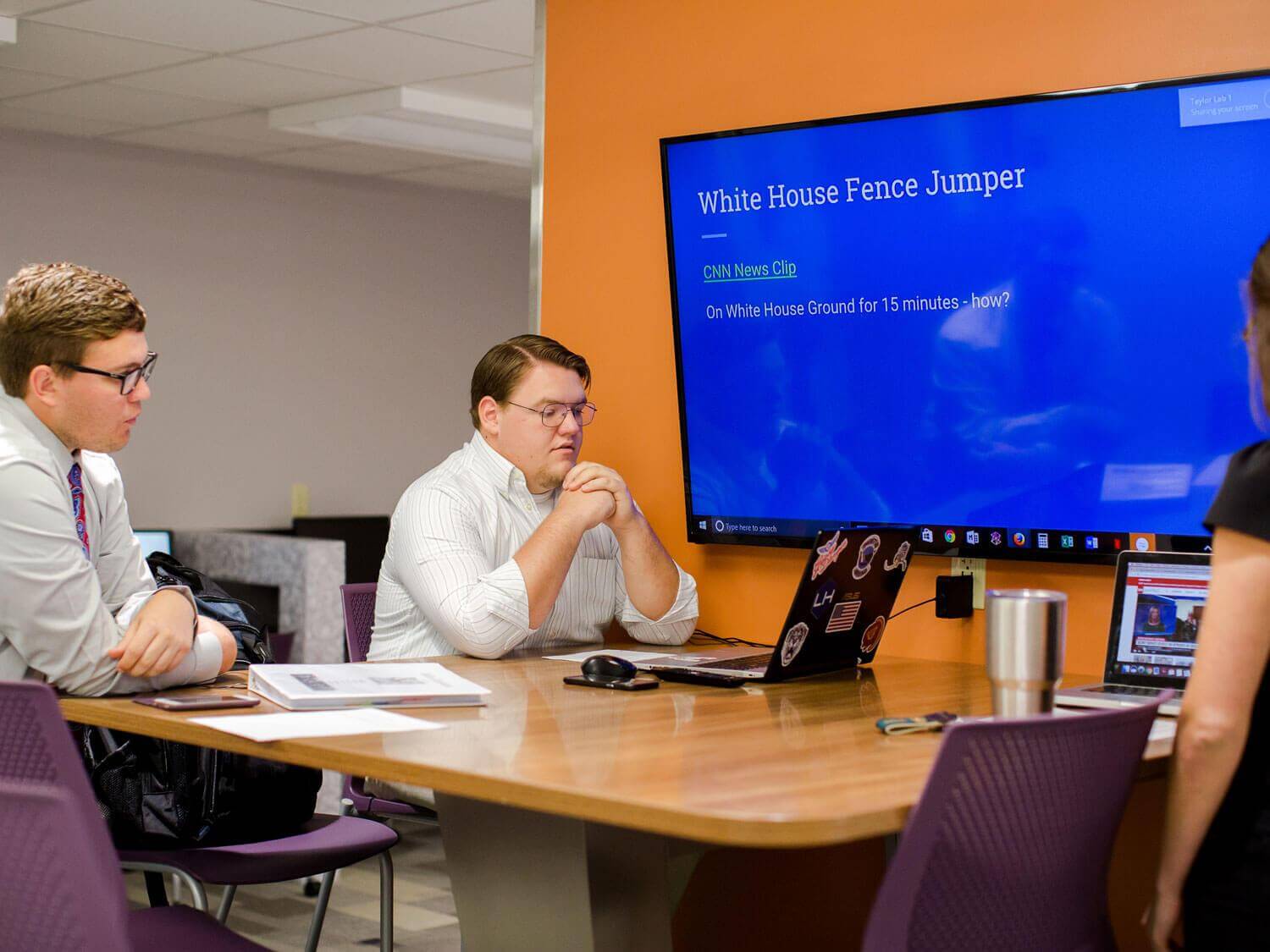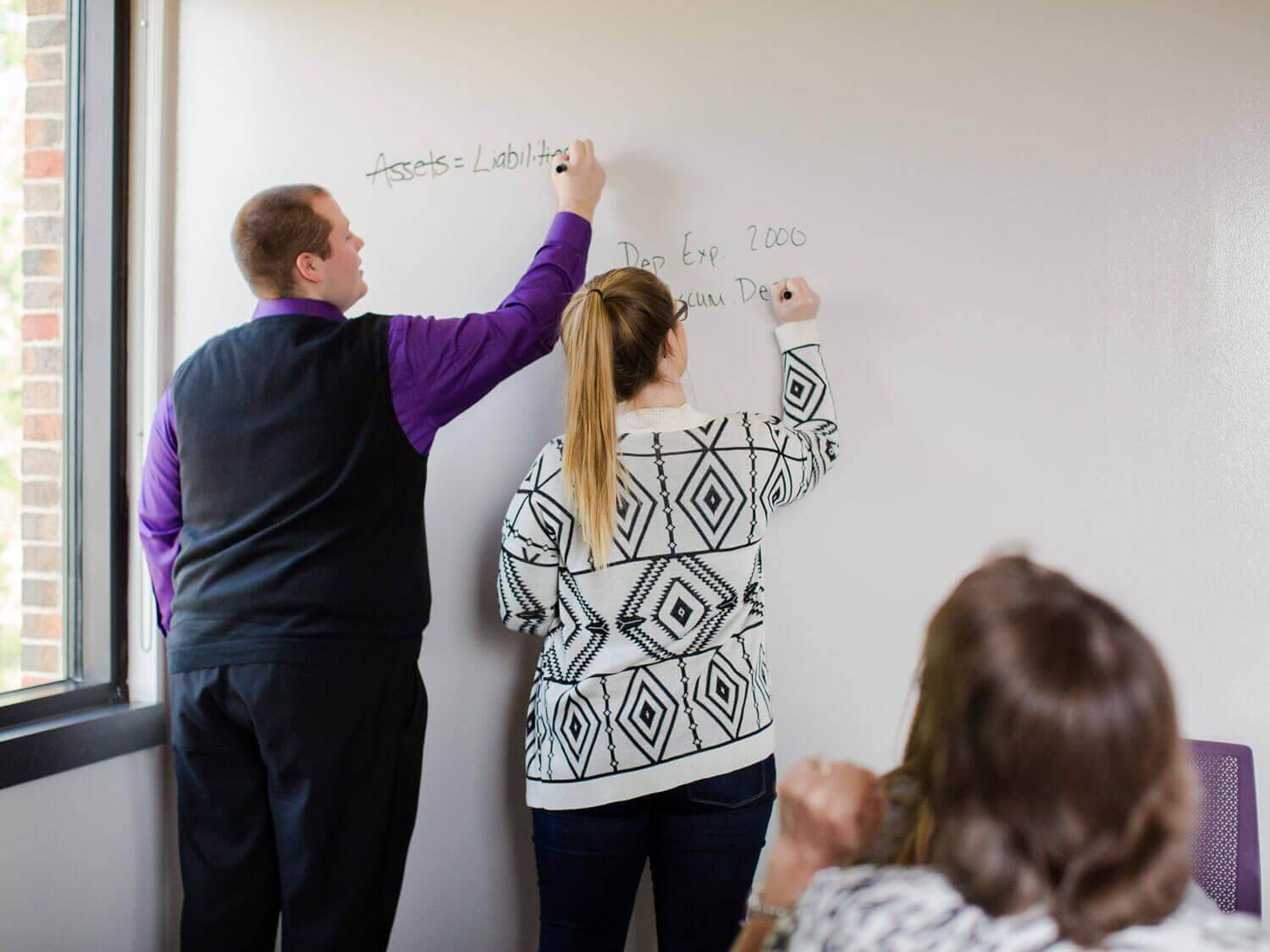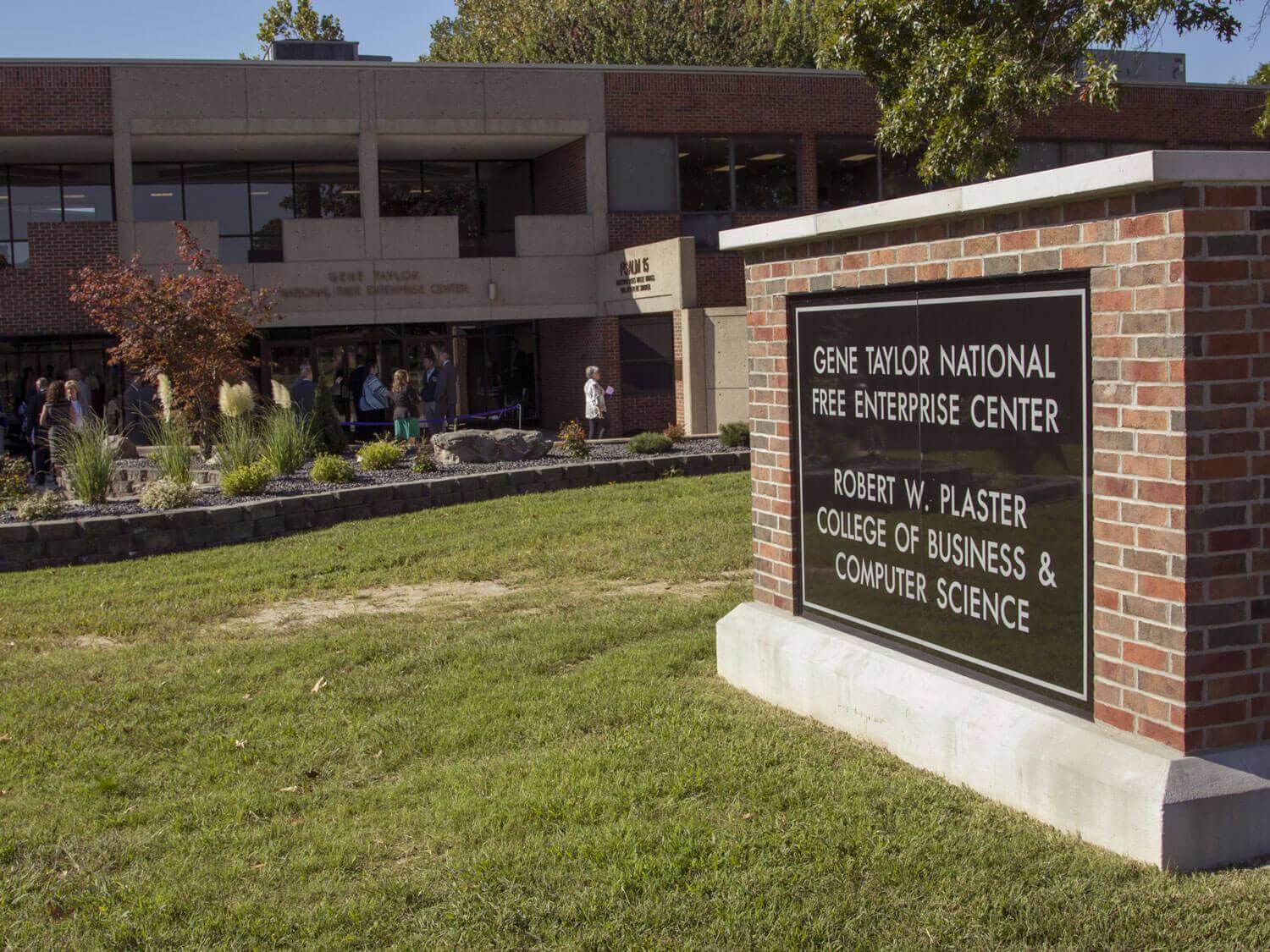Study computer science at SBU
As a student at SBU with a major in computer science, you will take a combination of computer science, mathematics and physics courses preparing you for careers in software engineering or scientific information processing. This degree features a significant focus on science and engineering and will harness your mathematics skills and passion for problem-solving.
During the computer science program, you will get to put your learning into action with hands-on, real-world projects creating software solutions for companies and organizations such as Silver Dollar City, BNSF Railway, Ozarks Food Harvest, Federal Reserve Bank of Kansas City, Department of Defense contractors, and the Springfield and Bolivar Chambers of Commerce.
SBU is known as one of the area's leading producers of software engineers and is one of only a few evangelical Christian institutions in the nation to have a computer science degree with ABET accreditation. Studying computer information science at SBU will equip you for a lifetime of success.
The Computer Science degree is offered through SBU's College of Professional Programs.
Job
placement
rate
(SBU CIS graduates have achieved 100% job placement within six months of graduation 5 out of the last 6 years.)
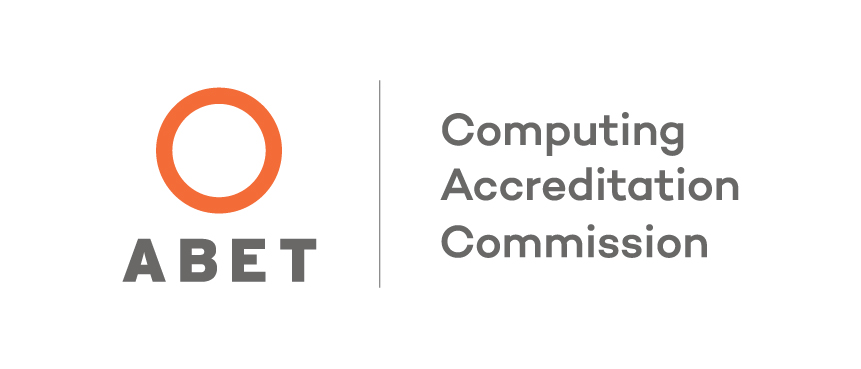
The SBU Advantage
- SBU CIS graduates have achieved 100% job placement within six months of graduation 5 out of the last 6 years.
- SBU is home to a dedicated cybersecurity lab.
- All division faculty have or are pursuing a Ph.D.; together they have more than 100 combined years of teaching and industry experience.
- Technology leaders and SBU CIS alumni help shape the future direction of the program by serving on the CIS Advisory Board.
- Graduates from the SBU CIS programs

